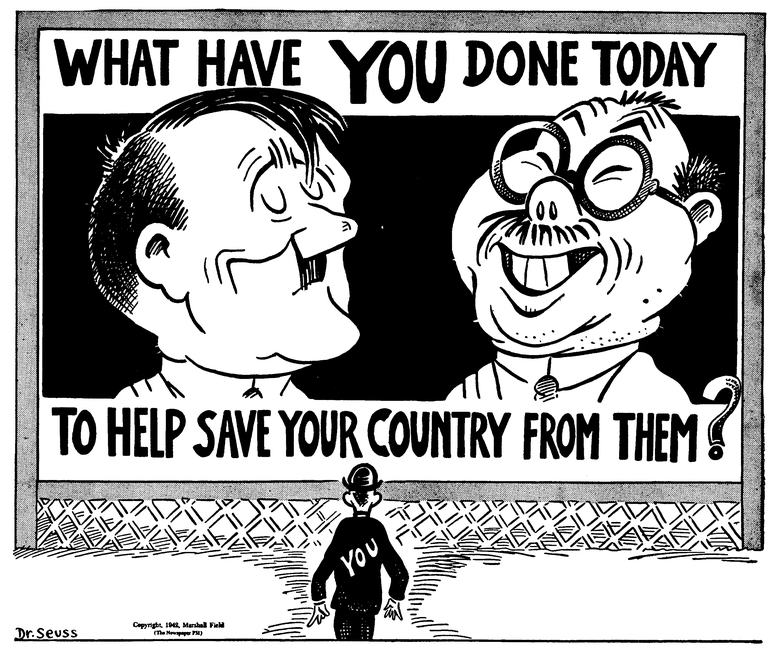Disembarking the "Oriental Express"
Check out what Mark has to say about the AAPI Experience
Written By Mark Gabriana, Mosaic Intern for East Asian and Pacific Islander Student Engagement in Campus Life
Many times in the past, I have referred to myself as someone “from the Orient”, or as an “Oriental”. Before attending university, it didn’t make me feel like I was being insensitive or calling myself a slur, this however has changed. The only reason I started becoming sensitive to the word “Orient” is because other people in college would tell me that it is culturally insensitive, which I found to be perplexing at the time. On top of that, people who made me aware of this term were typically not part of the Asian-American and Pacific Islander (AAPI) community. Many of my AAPI friends have run into the same situation, in which they refer to themselves as Oriental. People outside the community have lectured us about not using the word.
While some AAPI community members today don’t see any harm in the usage of the word, its history is closely tied to racist campaigns against AAPI-identifying groups. The word “orient” originates from the Latin word for East, but the phrase “the Orient” is a Eurocentric term that refers to everything to the east of Europe. This doesn’t just mean East Asia and the Pacific Islands, but it also encompasses parts of the Middle East and South Asia, which are geographically and culturally different than East Asia or the Pacific Islands. The creation of the word was an erasure of the cultural diversity existing within East Asia, the Pacific Islands and Asia as a whole.
Historically, Americans launched multiple campaigns against East Asians, using the term “Oriental” as a discriminatory racial slur. First targeting the Chinese: the mass immigration of Chinese workers came during the late 19th century, who stirred anger and resentment from Americans. The Chinese Exclusion Act, which lasted from 1882 until 1943, prohibited any Chinese immigrant from entering the country. The attitude that led to the Chinese Exclusion Act was quite similar to some contemporary views of immigrants, because Chinese immigrants were accused of taking away American jobs, and were even prohibited from marrying white women. This law was eventually lifted in 1943 only because the American government was allied with the Chinese fighting the war against the Japanese.

(Anti-AAPI Propaganda, Dr. Seuss)
This focus of racism against the Chinese soon took a backseat in 1941 — the Chinese were not being called “Oriental” anymore. After the Japanese attack on Pearl Harbor, the term “Japs” was a common derogatory manner to refer to the Japanese people. In addition, the term “Oriental” shifted to refer to Japanese people after the Japanese Pearl Harbor attack. Simultaneously, the Chinese were being viewed as America’s Asian ally because of their assistance in the Japanese war. Looking at this shift, we can see that the term “Oriental” was not being used to refer to Pan-Asian identity— but rather as a form to degrade AAPI identity and nationalities within the AAPI community.
Now, the language has changed: “Oriental” stopped being used as a racist remark because the US is no longer actively targeting Chinese or Japanese populations. As the years passed, its negative implications were felt less, to the point where members of the AAPI community may have forgotten its origins along with AAPI history. For example, most people don’t think on a national scale about Pearl Harbor on December 7, the Korean War is also referred to as the Forgotten War—even though in both cases, many American lives were lost. Similarly, for the word “Oriental” the past has been forgotten and disregarded, only recognized as officially insensitive in U.S but not understanding the context of why it is offensive. It took the federal government until 2016, over 100 years after the word was used as a racist term, to be removed from all legal documents. Although the word has been mostly desensitized, it is important that we don’t forget where it came from, and start to remember the members of the AAPI community who were targeted in the past. Their history is integral to our AAPI community and our identity as a community today.
Resources
If you would like to learn more about the origins of the term "Oriental", there is a great video that talks it here.
Posted: October 26, 2018, 4:31 PM
